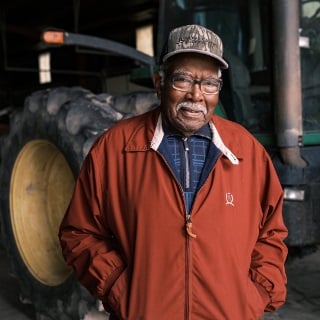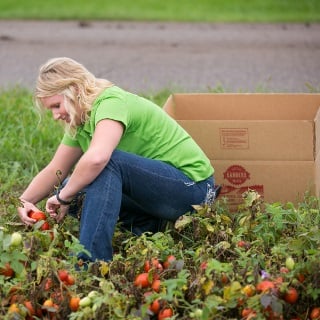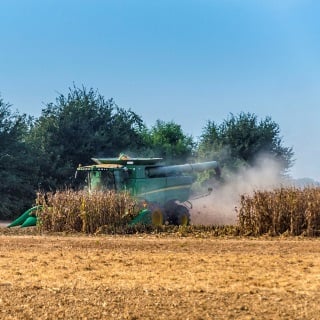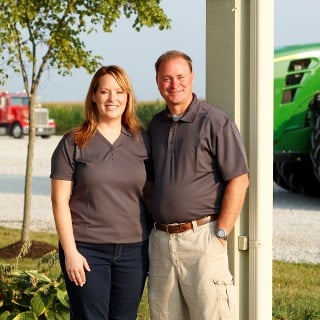Education and transparency are important facets of Sweetwater Valley Farm in Philadelphia, Tennessee.
The diversified operation overseen by customer-owner John, and his family, is home to 1,500 dairy cows, several hundred beef cattle and produces row crops in addition to farmstead cheese. It also features a 5,000 square foot event and educational center that allows visitors from across the country to learn about the operation’s history, what they do and why they do it.
Over the years, Sweetwater Valley Farm has adopted environmentally conscious practices, which include recycling waste to use as fertilizer for row crops (eliminating the need for commercial fertilizers) and installing solar panels to put electricity back on the grid.
“Farmers want to leave the farm as well or better than they found it.”





